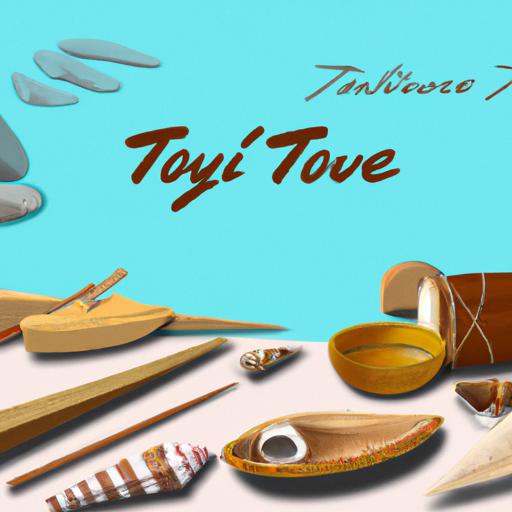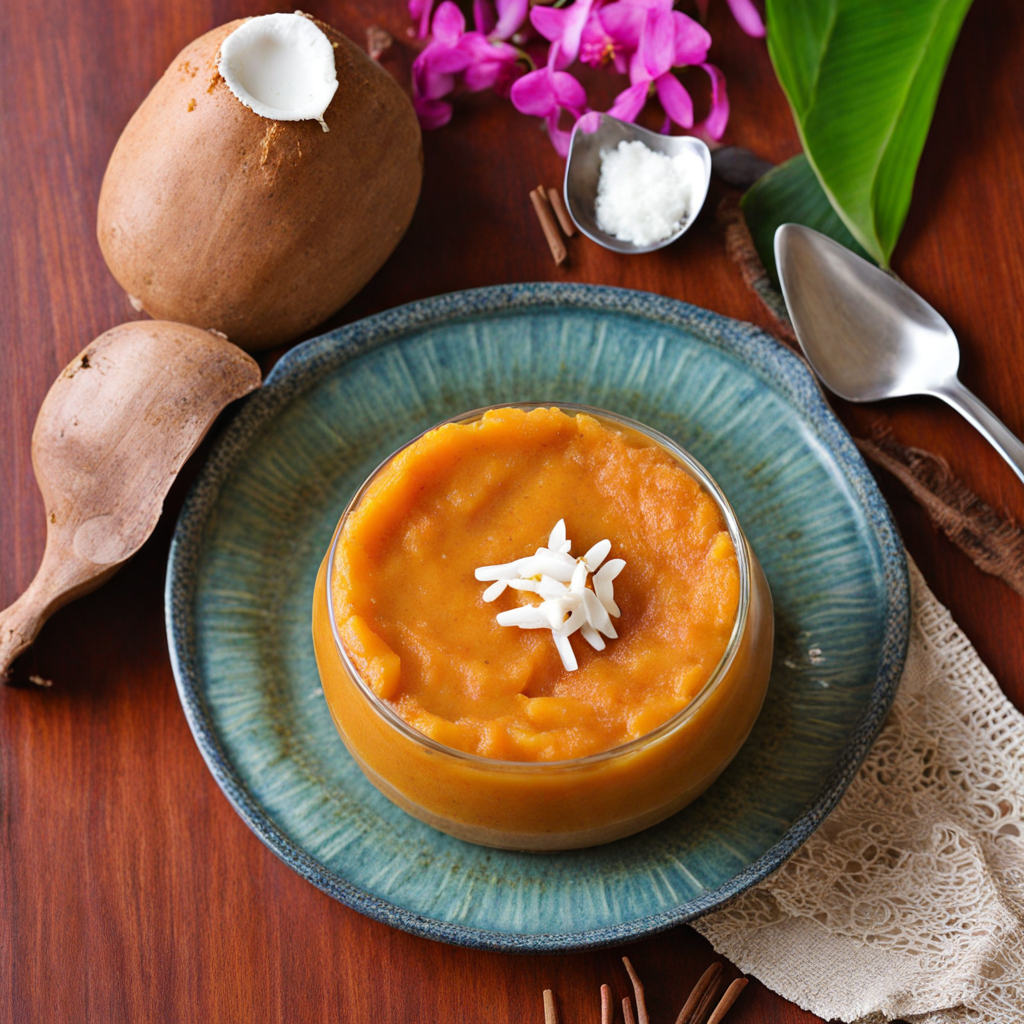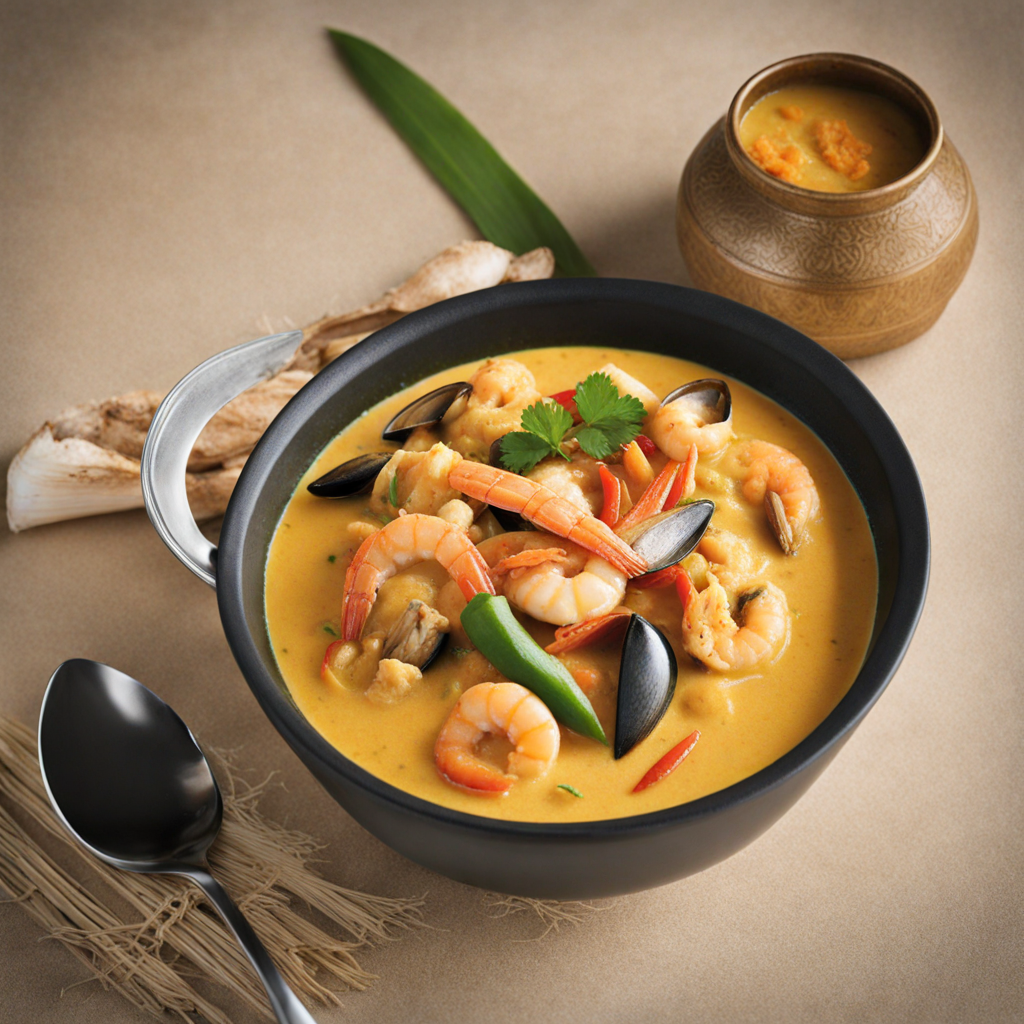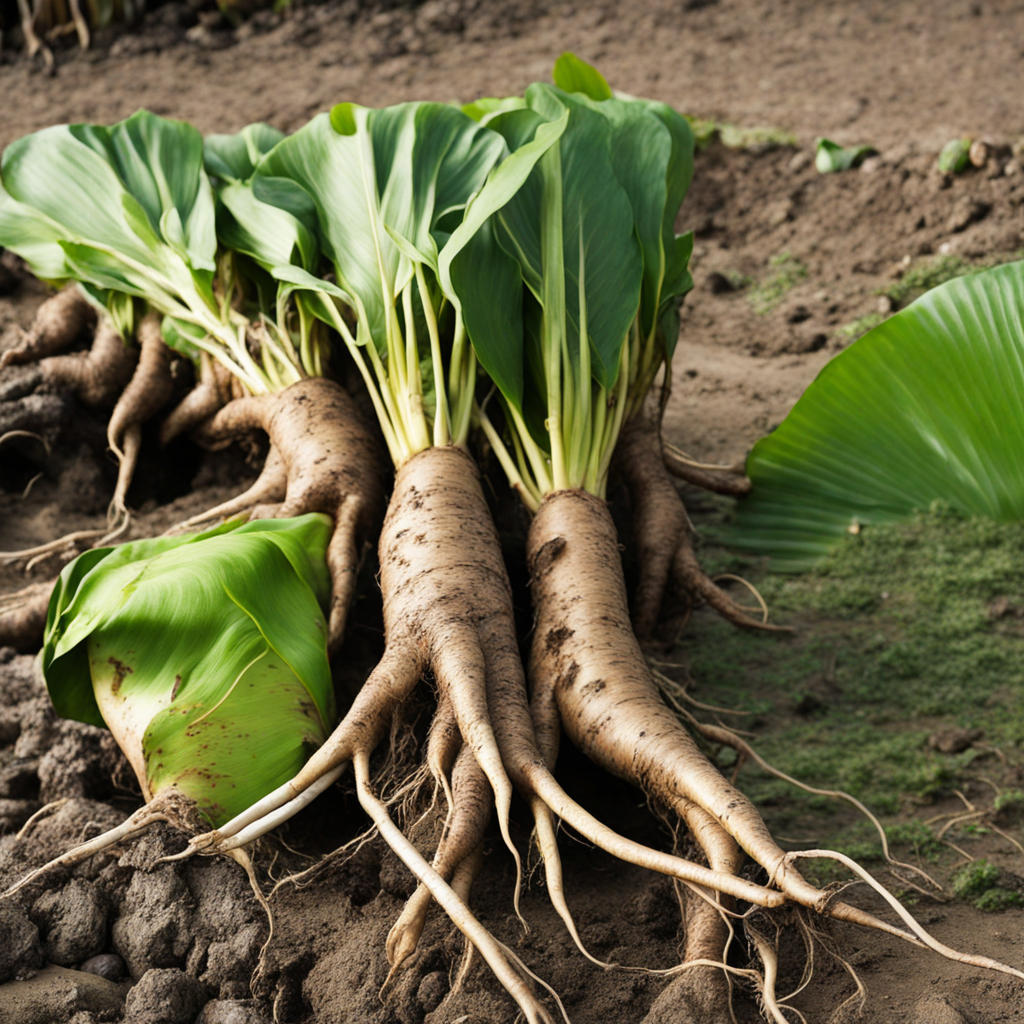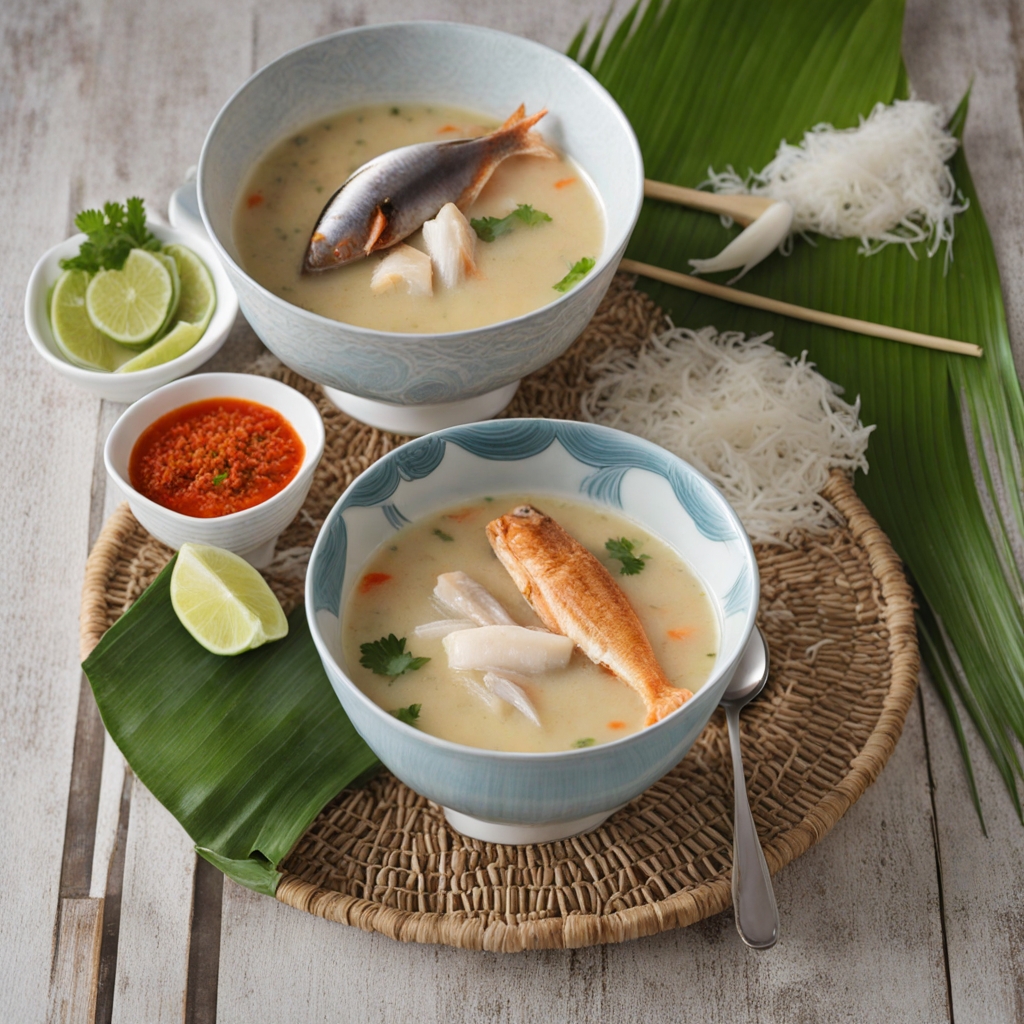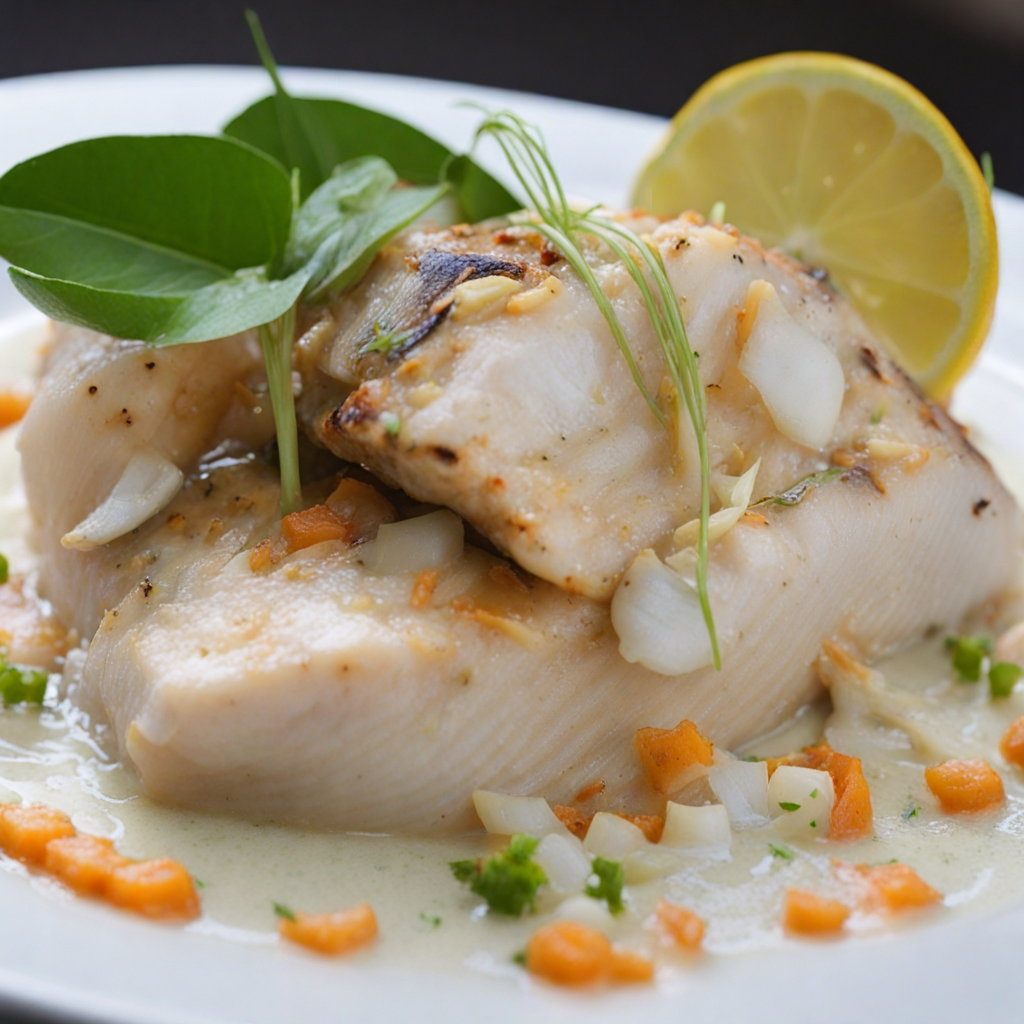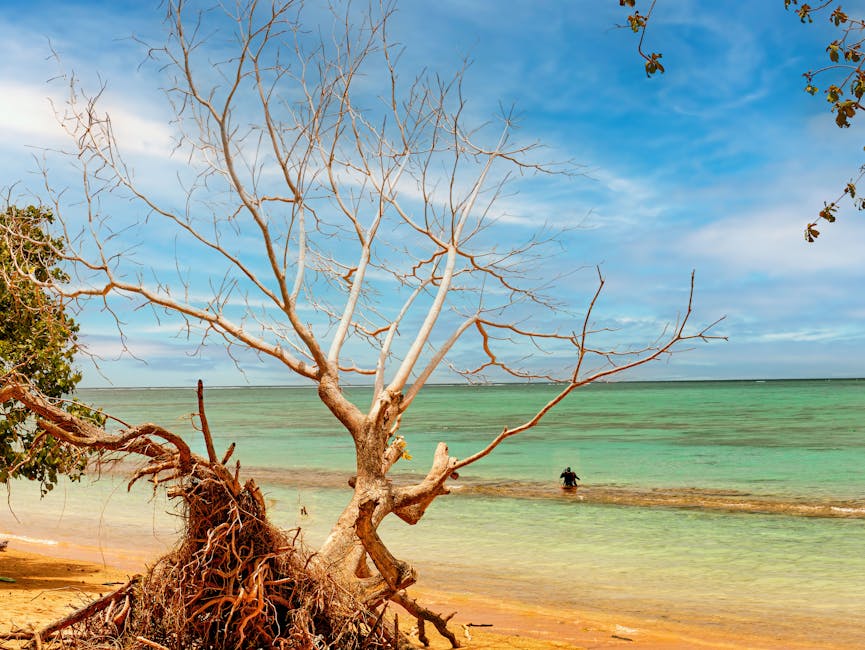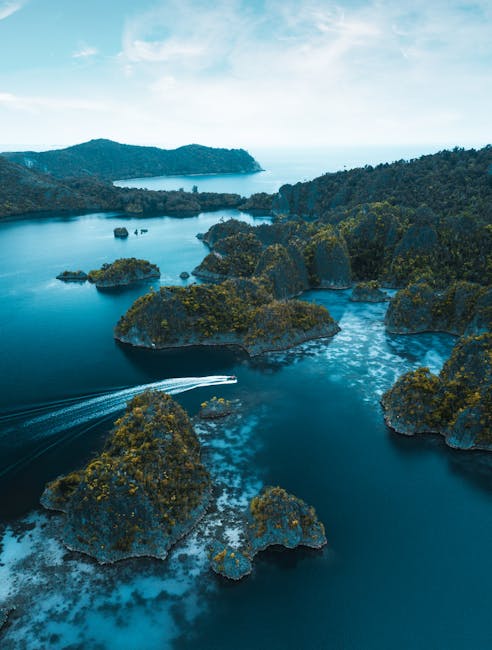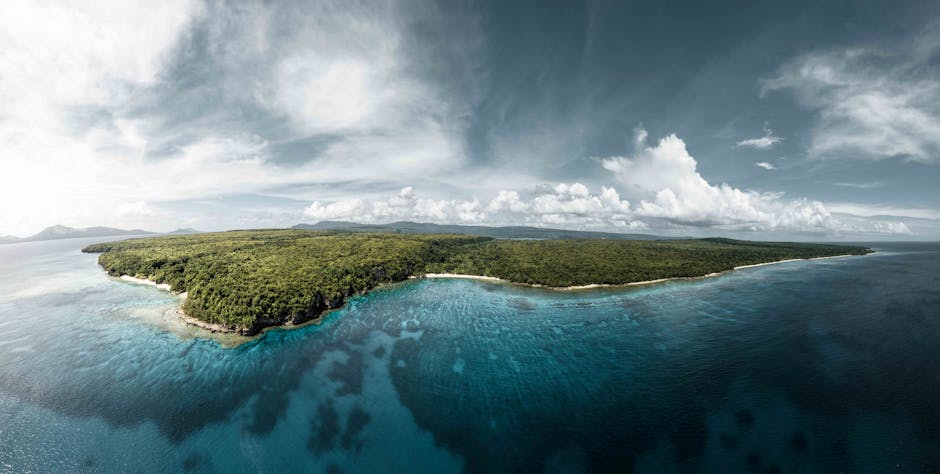Tuvalu
Overview
Tuvalu: A Hidden Gem in the Pacific
Firstly, Tuvalu is a little-known treasure nestled in the Pacific Ocean midway between Hawaii and Australia. This remote nation is the fourth smallest country in the world and consists of nine coral islands. Tuvalu is famous for its vibrant indigenous culture, which is deeply intertwined with the sea. Polynesian music and dance, as well as the art of storytelling, are integral parts of their cultural heritage. The locals are known for their warm hospitality and friendly nature, making every visitor feel at home. One of the unique aspects of Tuvalu is its environment. With its highest point being only 4.5 meters above sea level, it's one of the few places on earth where you can walk from one side of the country to the other in just a few hours.
Best Time to Visit
Secondly, the high season for tourism in Tuvalu is between May and October. During these months, the weather is dry and sunny, making it the perfect time to explore the islands and participate in outdoor activities. You can engage in a variety of water sports, including snorkeling, swimming, and fishing. The clear, warm waters surrounding the islands are teeming with marine life, making it a paradise for underwater enthusiasts. Birdwatching is another popular activity, with a variety of species calling the islands home. Traditional festivals and events are also held during this period, providing an excellent opportunity to experience the local culture firsthand.
Travel Preparation
Lastly, before visiting Tuvalu, there are a few things you need to prepare. Although Tuvalu is a safe country, it's advisable to have travel insurance covering unexpected medical expenses and trip cancellation. As there are no ATMs on the islands, you should carry enough Australian dollars, which is the official currency. Also, bring essential items like sunscreen, insect repellent, and light, breathable clothing suitable for tropical weather. Remember to respect local customs and traditions, always ask for permission before taking photographs of locals. Most importantly, Tuvalu is at the forefront of climate change, so it's essential to travel responsibly, minimizing waste, and respecting the fragile environment.
A Glimpse into the Past
Tuvalu, a small island nation located in the Pacific Ocean, consists of nine islands and atolls, each with its own unique charm and history. The country’s name derives from the Tuvaluan language, meaning “eight standing together,” which references the eight inhabited islands of the nation. The islands are known for their stunning natural beauty, rich cultural heritage, and the challenges they face due to climate change.
Early Settlement
The history of Tuvalu dates back over 3,000 years. The first settlers are believed to have arrived around 1000 AD from Polynesia. These early inhabitants brought with them their cultural practices and languages, which laid the foundation for the Tuvaluan identity that persists today. The islands were primarily inhabited by the Polynesian people, who developed a society based on subsistence agriculture, fishing, and the gathering of natural resources.
The islands were organized into small, independent chiefdoms, each led by a local chief or “matai.” These social structures were deeply rooted in the community's traditions and customs. The Tuvaluans developed a rich oral tradition, which preserved their history, mythology, and cultural values through storytelling and song.
European Contact
The first recorded European to sight Tuvalu was the British explorer Captain John Byron in 1764. Subsequent visits by explorers, traders, and missionaries introduced foreign influences to the islands. The arrival of missionaries in the 19th century played a pivotal role in transforming Tuvaluan society. Christianity became a dominant influence, leading to significant changes in cultural practices and governance.
By the late 19th century, the islands attracted the attention of colonial powers. In 1892, Tuvalu, known then as the Ellice Islands, became a British protectorate. The British administration sought to impose their authority over the islands, leading to the introduction of new governance structures and economic practices. However, traditional customs and land ownership rights remained significant in the daily lives of the Tuvaluan people.
Colonial Rule and World War II
In the early 20th century, the Ellice Islands became part of the Gilbert and Ellice Islands Colony, which included the nearby Gilbert Islands. The islands experienced various colonial policies that aimed to exploit their resources, primarily copra production. This industry became the backbone of the local economy during the colonial period.
The strategic location of Tuvalu during World War II made it a site of military significance. The islands were used as bases by both Allied and Japanese forces. The war brought significant disruption to local life, resulting in the displacement of communities and the introduction of new military technologies that altered traditional practices.
Path to Independence
After the war, movements for independence gained momentum in the Pacific. In 1974, the Ellice Islands voted to separate from the Gilbert Islands due to cultural and economic differences. This decision was crucial in shaping Tuvalu's path toward nationhood. On October 1, 1978, Tuvalu officially gained independence from British colonial rule, becoming a sovereign state.
The newly independent nation faced numerous challenges, including limited natural resources, reliance on foreign aid, and the looming threat of climate change. Tuvaluans worked to establish their government and promote national identity, leading to the creation of the Tuvaluan constitution, which enshrined the principles of democracy and human rights.
Culture and Heritage
Tuvalu's culture is a tapestry woven from its Polynesian roots, Christian influences, and colonial history. Traditional music, dance, and crafts hold significant importance in Tuvaluan society. The art of weaving, particularly with pandanus leaves, is a cherished craft that has been passed down through generations.
Festivals such as the Te Aso Vaerua (the Day of the Dead) and the Te Lapa (Cultural Festival) showcase the vibrant traditions of Tuvalu. These events involve traditional dancing, singing, and storytelling, allowing locals and visitors alike to appreciate the rich cultural heritage of the islands.
Notable Places to Visit
One of the most important islands to visit is Funafuti, the capital of Tuvalu. It features a beautiful lagoon, ideal for swimming and snorkeling, and offers a glimpse into the everyday life of Tuvaluans. The Funafuti Conservation Area is crucial for preserving the marine biodiversity of the region, making it a popular spot for eco-tourism.
Another notable destination is Nukufetau, known for its pristine beaches and vibrant coral reefs. The island offers opportunities for diving and fishing, allowing visitors to experience the stunning underwater world.
Nanumea, the northernmost island, is often described as the most traditional and less developed. Its untouched landscapes and rich cultural practices provide an authentic experience of Tuvaluan life.
Climate Change Challenges
As a low-lying island nation, Tuvalu faces existential threats due to climate change. Rising sea levels and increasingly severe weather patterns pose significant risks to the islands. The government and local communities have been proactive in advocating for climate action on international platforms, raising awareness about their plight.
Tuvalu is recognized as a frontline state in the battle against climate change, and its situation serves as a critical case study for global discussions on environmental sustainability and disaster preparedness. Visitors to Tuvalu may witness firsthand the impact of climate change on the islands while engaging with local initiatives aimed at resilience and sustainability.
Travel Considerations
Traveling to Tuvalu offers a unique experience, primarily due to its remote location and limited tourist infrastructure. The best time to visit is during the dry season, from May to October, when weather conditions are more favorable. Flights to Funafuti are limited, often connecting through Fiji or Kiribati.
Accommodations range from modest guesthouses to more upscale resorts, each providing a glimpse into the welcoming nature of Tuvaluan hospitality. Travelers should be prepared for a laid-back pace of life, where the emphasis is on enjoying the natural surroundings and engaging with the local community.
Visiting Tuvalu is not just a journey to a tropical paradise; it is an opportunity to explore the resilience of a small nation facing significant challenges. The islands' history, culture, and people's warmth make it a truly unforgettable destination.
Top cities for tourists in Tuvalu
Discover the Famous Cities That Might Captivate Your Interests
Must-Try Foods You Can't Afford to Miss
Indulge in a Variety of Fantastic Foods During Your Stay in Tuvalu
May Be Your Next Destinations
People often choose these countries as their next destination



